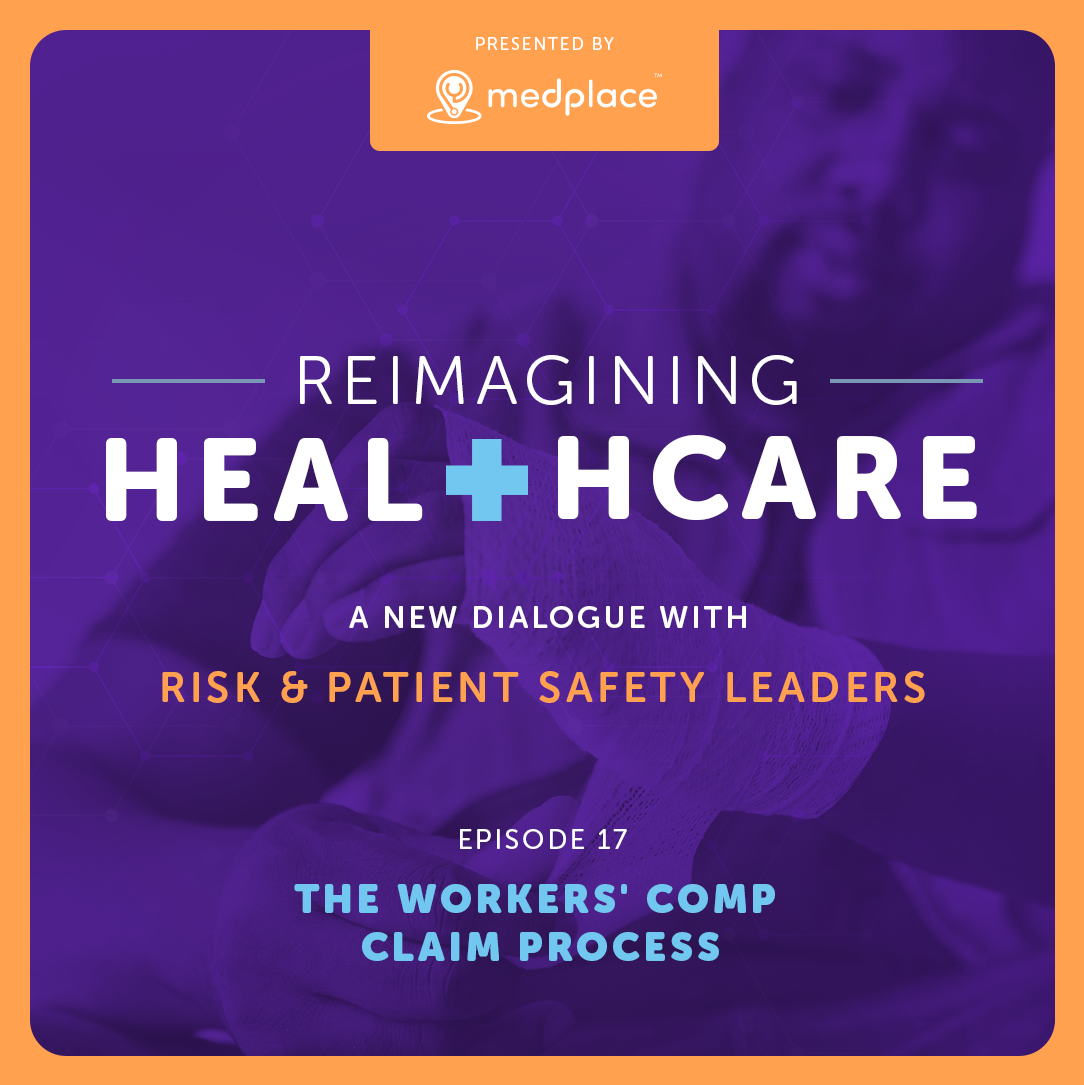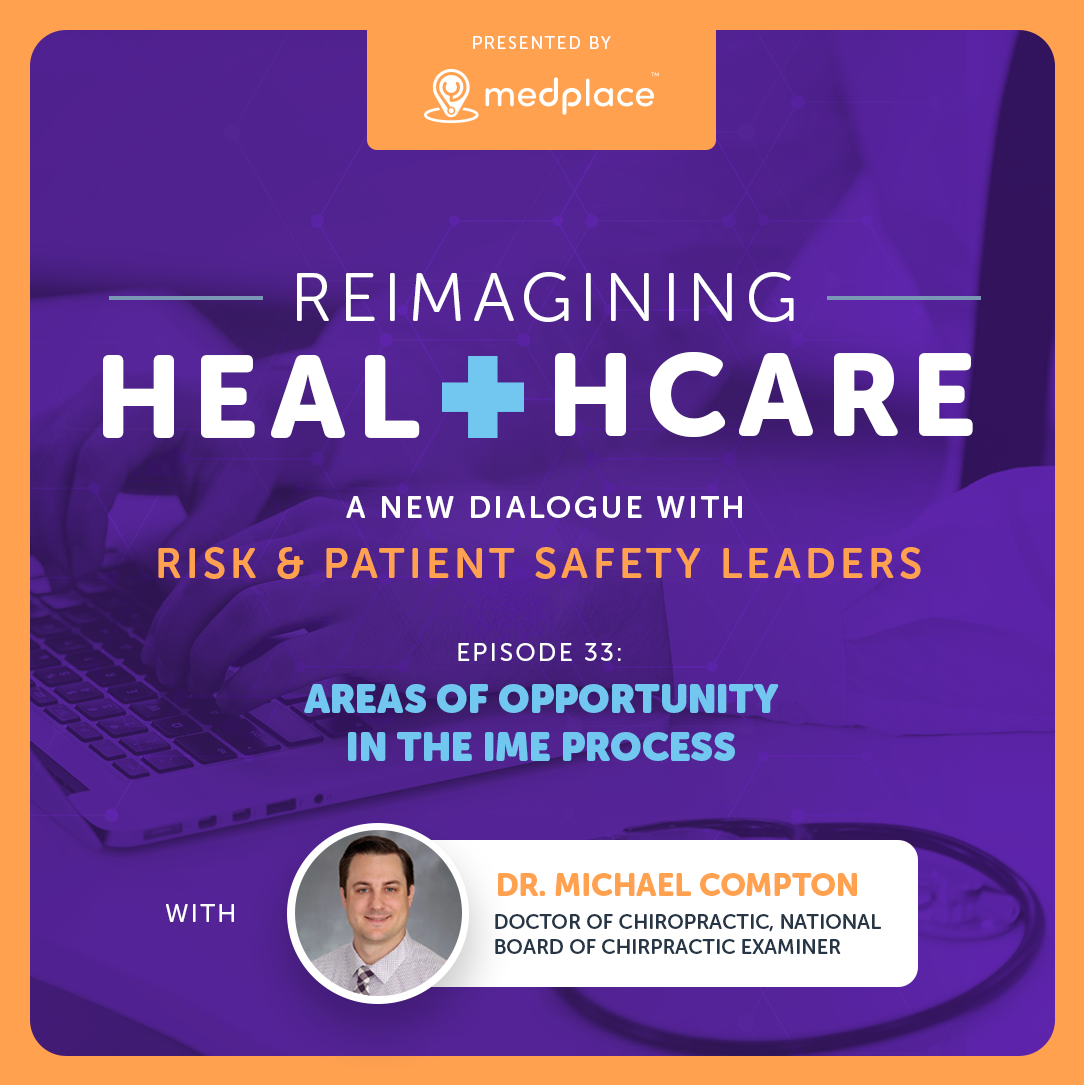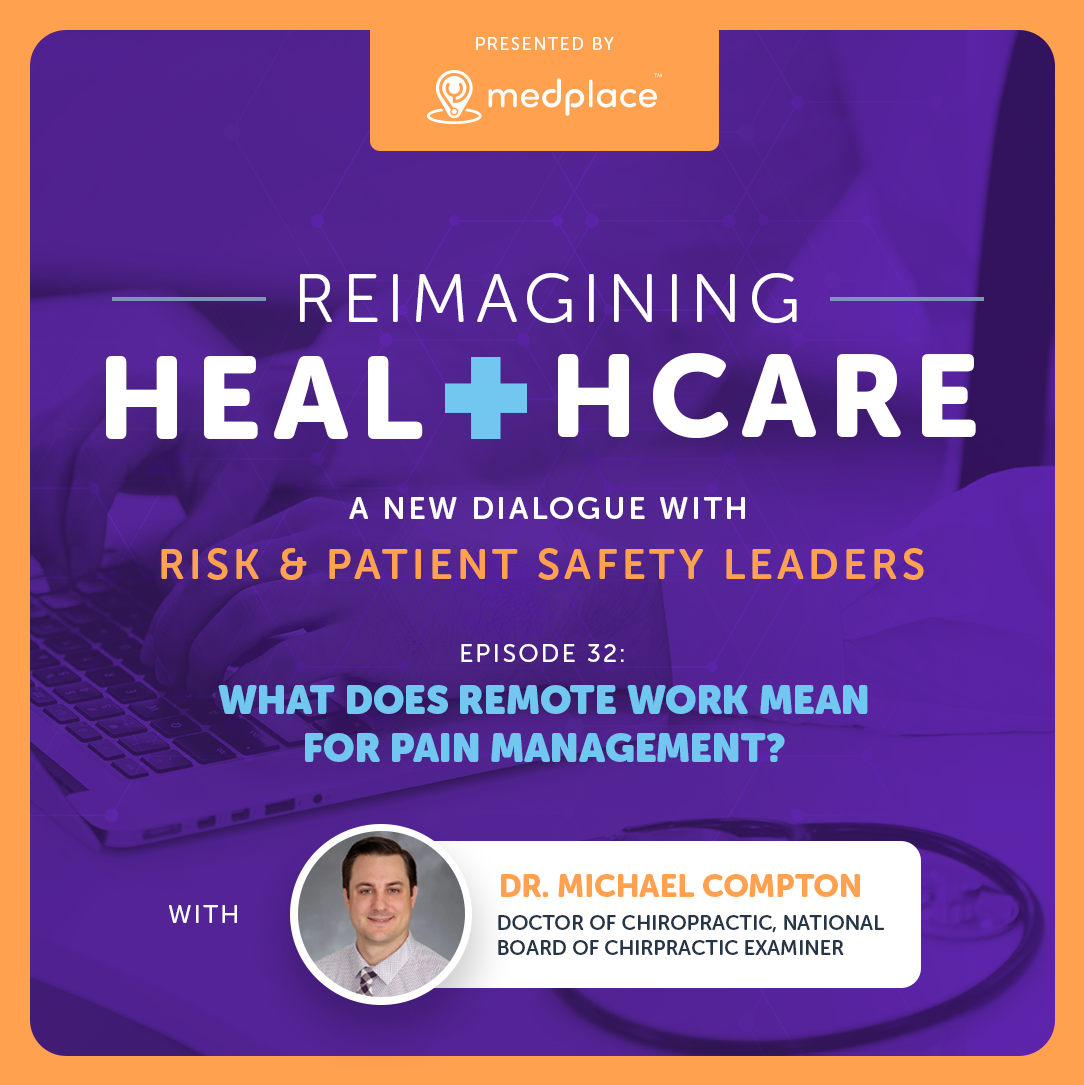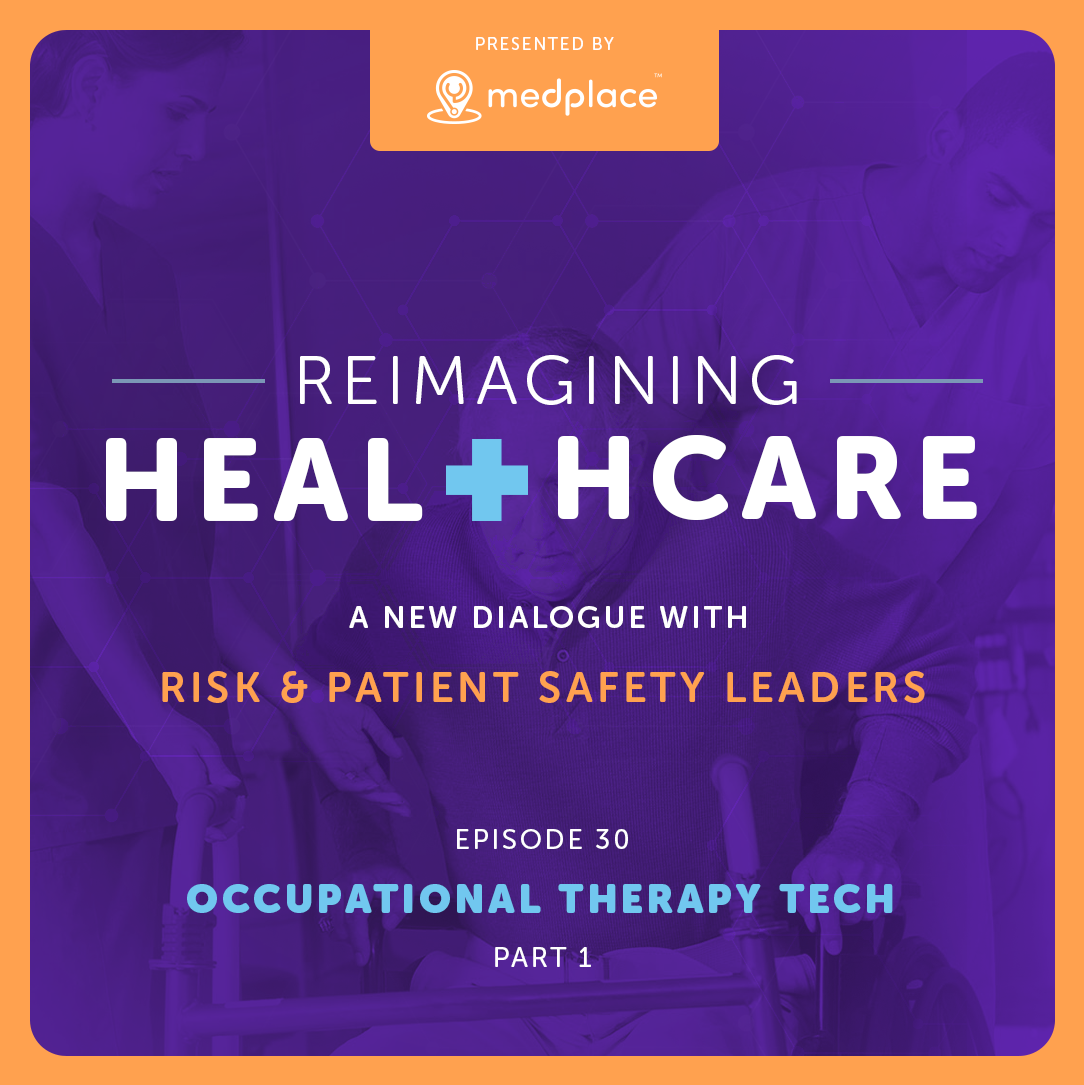Related Resources
Episode #33 - Areas of Opportunity in the IME Process
Dr. Michael Compton discusses the independent medical exam (IME) process and advice for medical professionals entering the medical-legal wo...
Episode #32 - What Does Remote Work Mean for Pain Management?
Dr. Michael Compton, the founder of Renew Health, joins the Medplace podcast to discuss pain management and the independent medical exam (I...
Episode 31 - Heidi Carpenter - Streamlining Outpatient OT
What could OT 2.0 look like? Carpenter explains outpatient occupational therapy's shortcomings and brainstorms ways technology can streamli...






